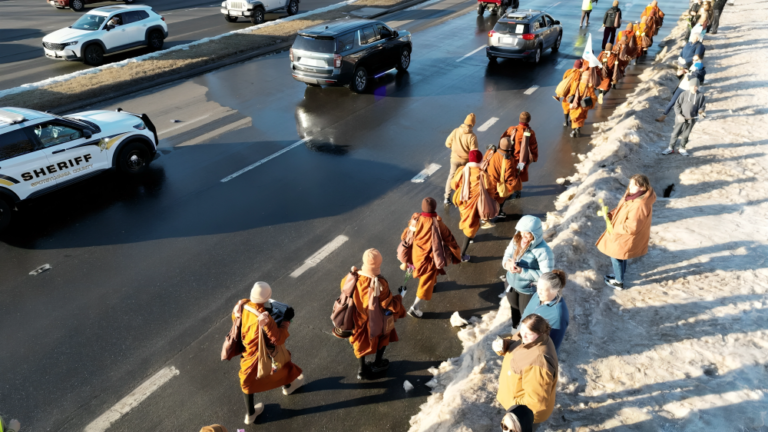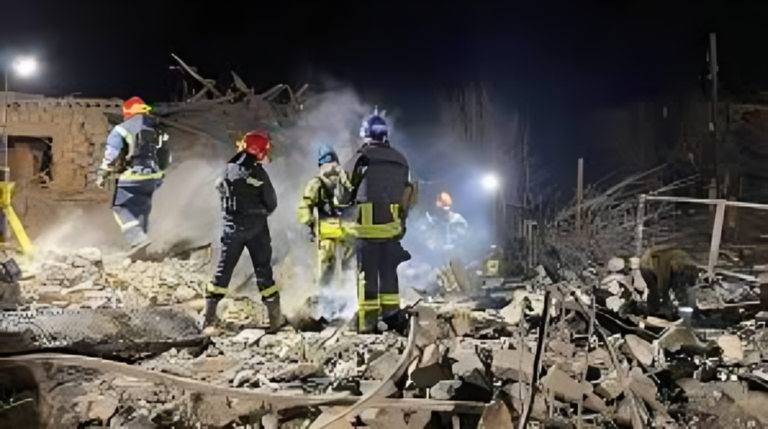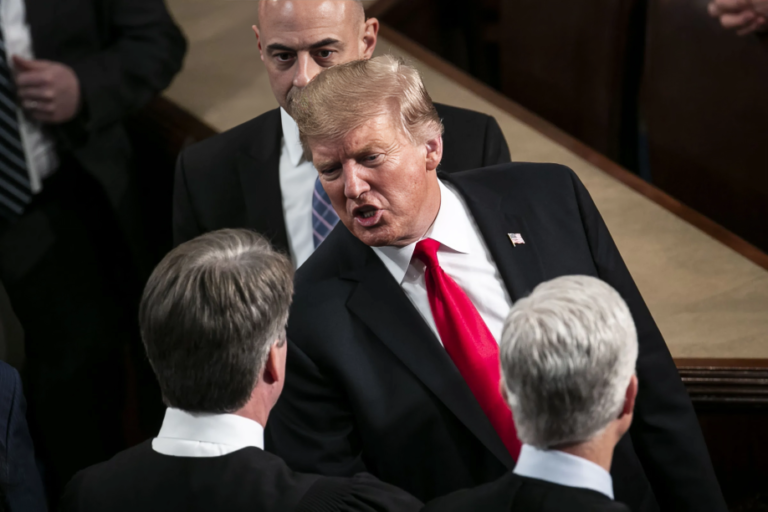Since late April, a new chapter has unfolded along the US-Mexico border in New Mexico and western Texas, where hundreds of immigrant’s face charges for unauthorized access to freshly designated militarized zones. This bold move by the Department of Justice signals an intensified effort to control border crossings, but it also raises complex legal questions and concerns about fairness and clarity for those caught in the crossfire.
Under the instructions of the Trump administration, oversight of a strip of land along the border has shifted to the military. US troops have been granted authority to detain illegal entrants temporarily, though there’s no record of them exercising this power as Customs and Border Protection continues to make arrests. These new national defense areas are now managed by US Army commands based out of Fort Bliss in Texas and Fort Huachuca in Arizona.
The legal implications for migrants are significant. Facing charges of entering restricted military zones, individuals could be sentenced to up to 18 months in prison in addition to a possible six-month sentence for illegal entry. Yet, the full impact remains uncertain, especially for those seeking legal status through separate immigration proceedings.
The Trump administration appears intent on ramping up mass removals and deportations, including the deportation of Venezuelans to an El Salvador prison amid gang affiliation allegations. Meanwhile, troop deployments to the border have reached levels not seen since the 1960s, even as arrest rates have plummeted.
In Las Cruces, the federal public defender’s office reports about 400 cases filed against migrants for trespassing and other related charges. These include violations of security regulations and unauthorized entry into military property. Court records also reveal that federal prosecutors in Texas covering an area of about 60 miles from El Paso to Fort Hancock began filing military security charges last week.
Federal Magistrate Judge Gregory Wormuth has called for input from both prosecutors and public defenders to determine the standard of proof for these trespassing cases. Given the unprecedented nature of prosecuting individuals for entering military zones, the judge emphasized the need to establish whether migrants knew about the restrictions and whether they acted with malicious intent.
US Attorney Ryan Ellison, appointed in April and overseeing the New Mexico region, stated that numerous “restricted area” signs in Spanish and English mark the border in compliance with Defense Department regulations. In court filings, Ellison also argued that the government’s approach is unlikely to target innocent travelers who avoid ports of entry to cross illegally, emphasizing that those who violate federal law and military regulations do so intentionally.
As legal debates continue, the situation underscores the growing complexity of border enforcement efforts and the profound legal battles shaping the lives of migrants caught in this expanded military zone.











+ There are no comments
Add yours